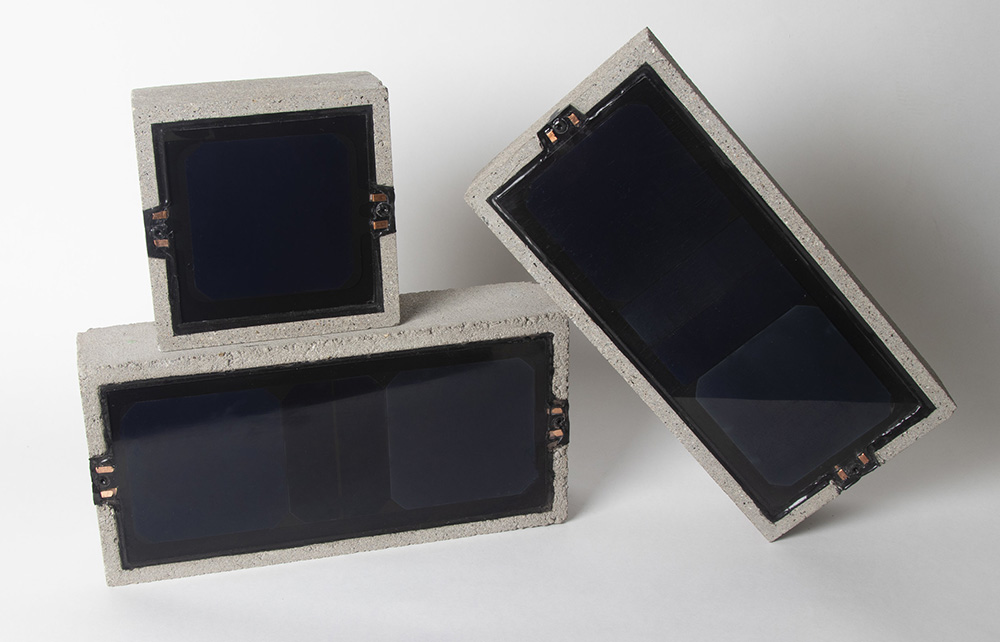News: Green Buildings
Posted: April 21, 2011
John Wadsworth - Landfills and solar projects
There has been a lot of interest (and press) of late concerning solar projects on closed municipal landfills in Mass. The state has been doing its part to incentivize all solar developments, by creating an extremely beneficial net metering program, which allows a solar facility to receive almost the full retail price for electricity without having to negotiate an individual power purchase agreement, and has developed a solar carve out to the Renewable Portfolio Standard which requires retail electric sellers to purchase Solar Renewable Energy Certificates from Mass. projects, which program is designed to insure a minimum price of $285 per MW/hour. These two programs, combined with federal tax credits for investments in solar equipment and generous depreciation allowances, can be the building blocks for a viable financing package. In addition, Mass. has energized the regulators at the Dept. of Environmental Protection to work with the Dept. of Energy Resources to encourage solar development at closed landfills (and brownfield) sites.
Municipalities are prime customers for such facilities in part because closed landfills often have limited other uses. Given that the land is generally unshaded, usually far from sensitive receptors, cannot support a development with much weight or that requires penetration, and is often near a transmission system, closed landfills can be very attractive solar candidates. We have found that the level of lease payments a solar developer could pay for a private "greenfield" site might not entice a private land owner to tie up his or her land for 20 years, but a municipality faced with few other options for utilizing a closed landfill might find even a small revenue stream highly beneficial.
In addition, including the high potential future income from SRECs can certainly bolster an RFP response (and turn a press release into headlines).
Therefore, a combination of tax credits, accelerated depreciation and a commitment by the town to purchase all the electricity at some fraction of the retail rate, as well as a sharing of the future value of the Solar RECs, can result in a steady stream of income to a municipality that can make such a project highly attractive.
Stay tuned to the EBC website for further seminars on solar projects in Mass. and Conn. - www.ebcne.org.
John Wadsworth, Esq., is a partner with Brown Rudnick, Boston.
Tags:
Green Buildings
MORE FROM Green Buildings
Bridgeport implements energy efficiency plan with utility partners and regional business council
Bridgeport, CT The flurry of economic development and urban revitalization across the city has cultivated a renewed interest in updating municipal, residential and commercial properties to be more efficient and sustainable. Since 2018, city officials have partnered





